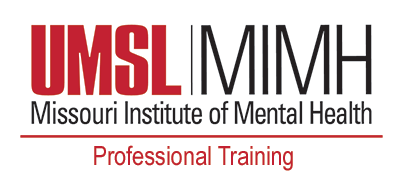The accident gave me a TBI – What’s that? – My story about my accident and rehabilitation, learning about my injuries, and accepting and living as the new “me.”
[tab:Details]
Date:
Thursday, November 20, 2014 at 1:30 pm CST
Description
The words “Traumatic Brain Injury” are unfamiliar to many people. While there has been more recent discussion on the topic regarding NFL players and returning veterans sustaining TBIs, many people do not really know what a TBI is until they, or someone they know, obtain one. Once having a TBI, a person’s whole life changes, as well as everyone’s life around them. This session will discuss what obtaining and living with a TBI entails from a first-hand account.
Workshop Objectives:
Participants will be able to:
- Discuss the basics of TBI and the impact it has on a person, his/her family, and the community—physically, mentally, emotionally;
- Emphasize the importance of high-quality treatment and rehabilitation on both ends—the health care side and the patient side;
- Describe and address continual “issues” people who have TBIs deal with—some expectedly and some unexpectedly.
[tab:Presenter]
Presenter
Dina McPherson suffered a TBI in February 2010 in a pedestrian vs. vehicle accident in Columbia, MO. She was in the ICU at University of Missouri Hospital for two weeks before going to Rusk Rehabilitation Center for two weeks. Upon her release from Rusk, she went to outpatient therapies and returned to work at the University of Missouri Office of Admissions in May of 2010, barely three months after her accident. She then returned to school while working full-time to begin her Master’s degree in English Literature from MU, which she finished this past May. Her thesis argued an Irish novel, The Third Policeman, is more realistic than fantastic if read through a trauma lens—mainly that of head trauma. With this, she studied the works of various neurologists, such as Oliver Sacks and Eric Kandel, supporting her argument that the character’s actions really are not crazy, but the aftereffects of experiencing a traumatic event.
Dina now finds herself advocating on behalf of people with brain injuries and the people who care for them. She has spoken at Mount Vernon’s fundraising for brain injuries, rehabilitation centers, and the Brain Injury Association of Missouri’s Annual Conference. Additionally, she organized a run in Columbia, MO this year to raise awareness and funds to help with the recovery of persons who sustain TBIs—the first donation to MU Health Care specifically for patients with TBIs. Her new job is with MU Health Care in Therapy Department and Sports Medicine, where she will help with event planning and monitoring the patients’ progress in their therapies—including Rusk, where she was a patient in 2010.
[tab:Registration]
Registration Fee:
Free (CEU for $15 fee at time of program)
No pre-registration needed
[tab:Accreditation]
Accreditation:
The University of Missouri, Missouri Institute of Mental Health will be responsible for this program and will maintain a record of your continuing education credits earned. MIMH will award 1 clock hour or 1.2 contact hours (.1 CEU) for this program. MIMH credit will fulfill Clinical Social Work and Psychologist licensure requirements in the State of Missouri. Attendees with licensure from other states are responsible for seeking appropriate continuing education credit, from their respective boards for completing this program.
License information for Missouri residents: http://pr.mo.gov/professions.asp
[tab:Post-Conference Resources]
Brain Injury Association of Missouri is at http://www.biamo.org
[tab:END]

